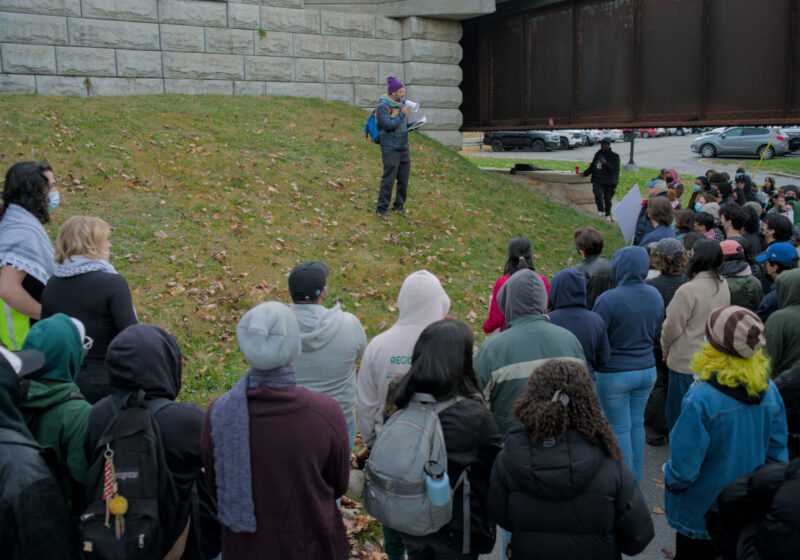A little over a week ago, President Obama delivered his final State of the Union address, once again to a largely hostile Congress, and once again to a nation whose citizens have become fed up with establishment politics in Washington. Unlike his past speeches on the state of our nation, the President did not discuss policy goals or threaten to veto time-wasting bills pushed through by the Republican Congress, which simply wants to tell its constituency that the Democrat in the White House is preventing progress in America. The visibly-aged and calm leader used his “short” hour-long address to remind the American public of the themes and successes of his presidency, and more importantly, to call for an end to the partisan nature of modern American politics.
The Republican Party, for all the problems and ideological schisms it’s going through, is a very organized machine. During Obama’s two terms in office, the Democrats have given up the largest Republican majority in Congress since before the Great Depression, a dozen governorships, and almost a thousand seats in state legislatures to our friends across the aisle. This is largely due to the Republican dominance of the “message war.” Even as the man in the White House has achieved lasting progress through his eight years in office, his approval ratings have been lucky to reach 50 percent through much of his tenure.
It would take hours of research and analysis to lay out the numerous achievements that President Obama has accomplished since 2009, but thankfully, Michael Grunwald of Politico already did so in an article titled “The Nation He Built,” if you’re interested in a more exhaustive list. But in the name of defending our Commander in chief, I’ll name a few. In seven short years, the economy has turned around from the second-greatest financial catastrophe in history to a record 70 consecutive months of private-sector job growth. Unemployment is low, the stock market is at record heights, millions of Americans have health insurance who previously would not have, the rise of medical costs has slowed immensely, gay people can get married, coal-powered plants are being replaced by solar plants daily, Osama bin Laden is dead and, in Obama’s own words, “the state of our union is strong.”
But the President did not choose to take the time to brag about his major achievements, which rival those of Franklin D. Roosevelt and Lyndon Johnson in scope and effect. Rather, he spent much of his time talking about his biggest failure: allowing Washington to become more polarized, not less so, as he promised. Obama warned the nation that we must not drift further apart, as we have been doing for years. He warned us that our fears of being shut out of our political and economic systems should not force us apart further.
This message of conciliation is, I believe, the most important thing the President said last week. In a presidential election cycle where two of the most popular candidates are a democratic socialist and a sensationalist billionaire with no sense of shame or empathy for others, it’s obvious that voters are sick and tired of the garbage going on in Washington. But unlike the path that Donald Trump and some other candidates seem to prefer, vilifying our political opponents is not a path forwards; rather, it’s a slippery slope to nowhere. Republicans and Democrats often have vastly different worldviews, policy proposals, and ideas about what specifically is best for this country, but they share the same ultimate goal: preserving and advancing American greatness and prosperity.
Democrats: Republicans are neither stupid nor heartless. Republicans: Democrats are neither naïve nor blind. We all have different experiences and ideas that give us unique perspectives and diverse ideas. This should be embraced, not attacked. The only way our nation can move forward and work toward achieving liberty and justice for all Americans is through compromise, respectful debate, and cooperation where possible. Former Speaker of the House Tip O’Neill, a Democrat from Massachusetts, and former President Ronald Reagan had immensely different political views, but they achieved success by working together and by remaining personally friendly with one another.
President Obama, in his last major address to the nation, reminded us of the importance of working together. It’s time we listen to our President and engage in dialogue with our fellow Americans, not dismiss them or deny the legitimacy of their views. It will prove difficult, of course, especially when confronted by those who are unwilling to listen to you, but calmly and respectfully presenting your ideas without letting negative energy affect you is perhaps the best way to preserve the Obama legacy for years to come.




